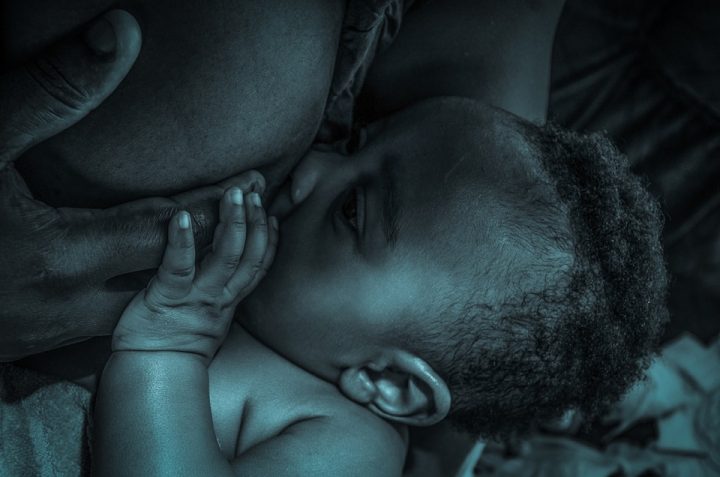A study in more than 130 countries highlights the health and economic benefits of breastfeeding.
Did you know that if all babies born in the world were breastfed exclusively with breast milk, that is, without any other artificial milk until six months of age, humanity would save a billion dollars a year? Data taken from the study “The cost of not breastfeeding” published in June 2019 by the journal Health Policy and Planning of Oxford, which analyzed 130 countries prove it.
Several studies have shown that breastfeeding reduces the risk of childhood infections, such as diarrhoea and pneumonia, and minimises damage related to nutrition and cognitive development in early childhood. In addition, the study shows that lack of breastfeeding led to an estimated 166 million preventable cases of diarrhoea and 9 million preventable cases of pneumonia in children under two years of age. Of these cases, 595,379 resulted in child deaths per year, 38 per cent from diarrhoea and 62 per cent from pneumonia. Of the world’s total child mortality, more than 56% occurs in sub-Saharan Africa and 64% in developing countries.
The published material corroborates research that points to the benefits of breastfeeding as reducing the risk of haemorrhage and postpartum depression for women, as well as reducing the risk of breast cancer, ovarian cancer and type 2 diabetes. The study also estimates that 98,243 women’s lives will be saved through breastfeeding.
For these reasons, the World Health Organization and UNICEF recommend initiation of breastfeeding from the first hour after birth until the first six months of life, exclusively, and its maintenance along with the introduction of food until two years or more.
It is important for the whole of society to reflect on these data, as successful breastfeeding is the responsibility of everyone. We cannot blame or hold women responsible for this. Going through the process in solitude is very exhausting, often leading to failure. It is also important to think about the autonomy of the maternal body: Some women, although informed about the benefits for themselves and their babies, may not want to breastfeed as this is their right. Without prejudice to the foregoing, in general most women want to breastfeed and do not find both social and emotional support for it.
The World Bank’s Nutrition Investment Study estimates that an additional investment of US$5.7 million is needed between 2016 and 2025 to reach the WHO 2025 target of ensuring that 50% of the world’s babies are exclusively breastfed up to six months of age. This investment will limit the commercialisation of artificial formulas, support paid maternity leave, strengthen health systems and, above all, support mothers, who are the ones who carry out this important task for society as a whole.
Translation Pressenza London










